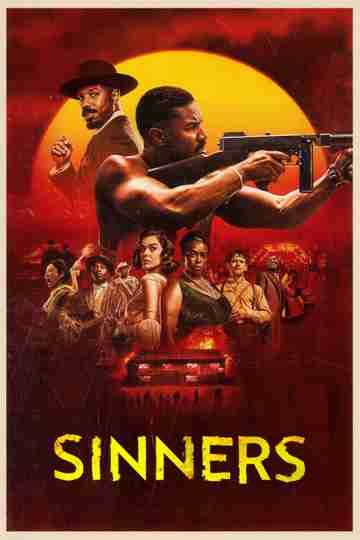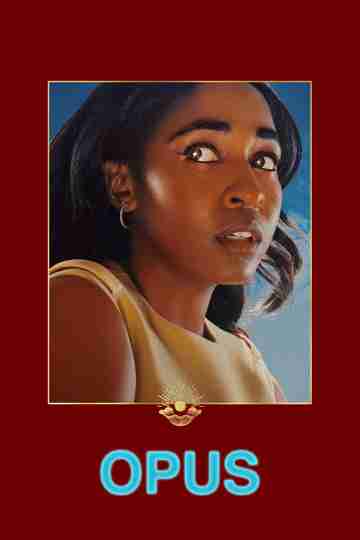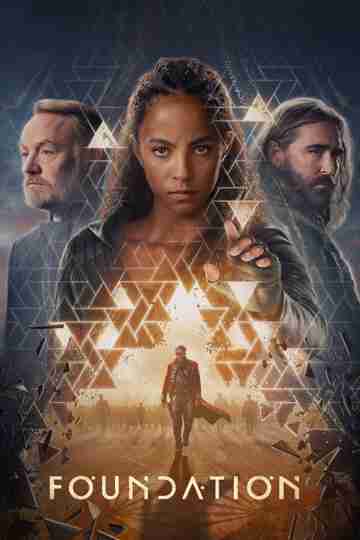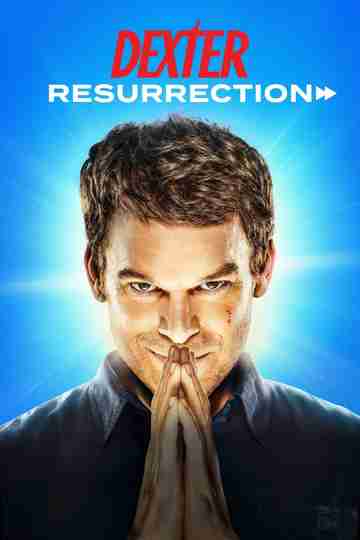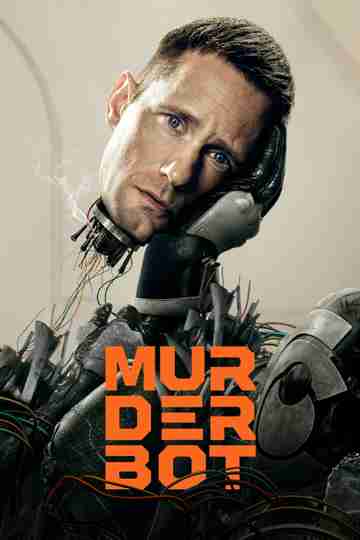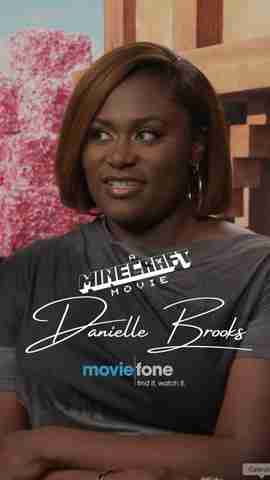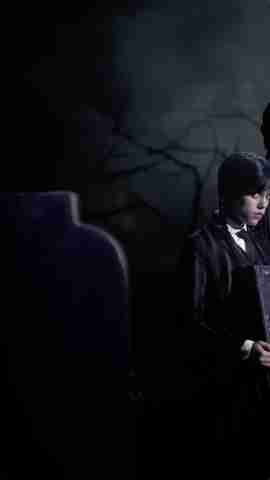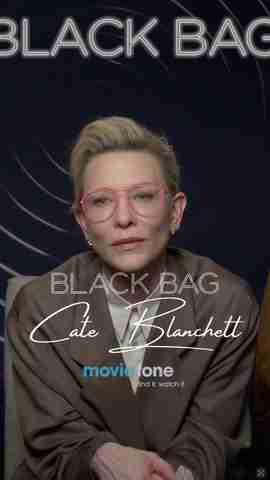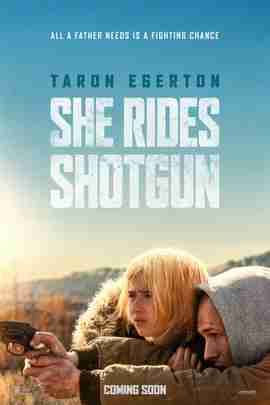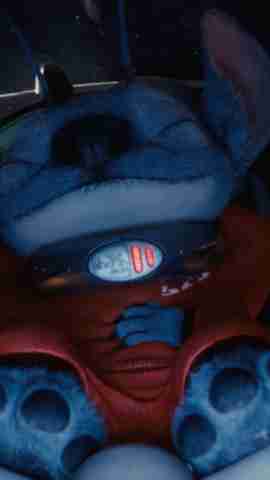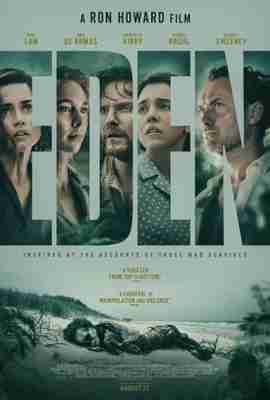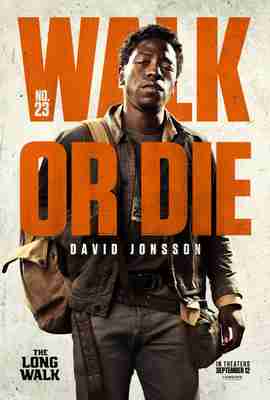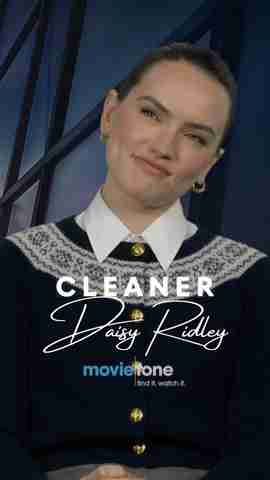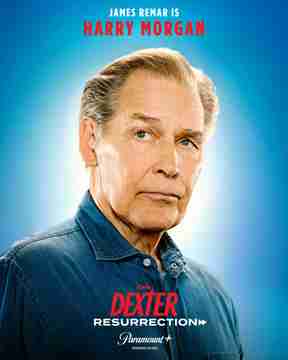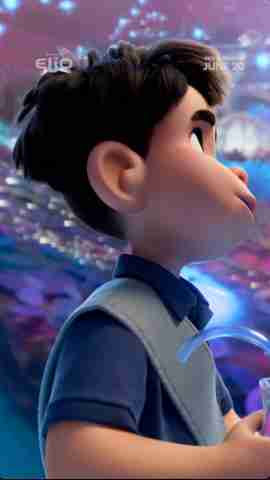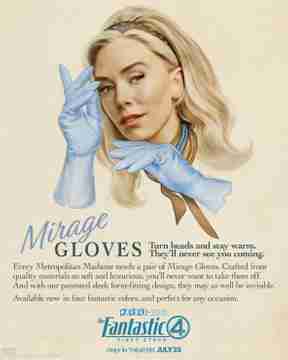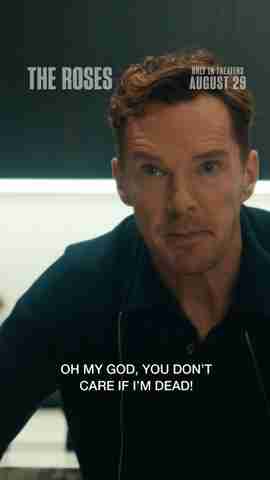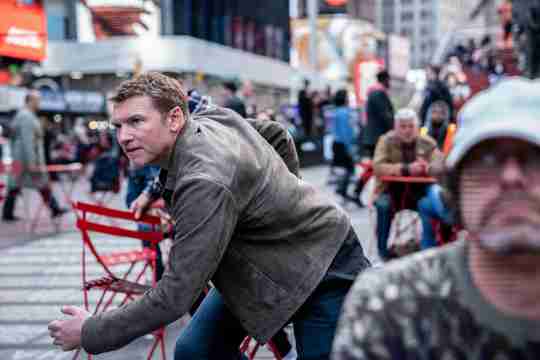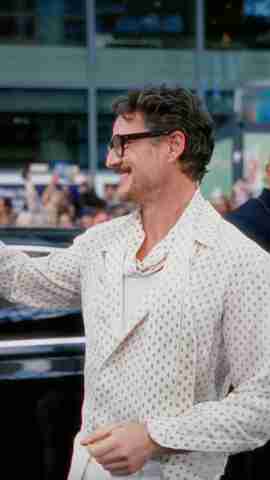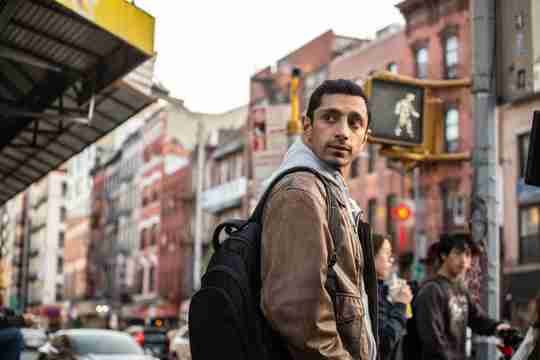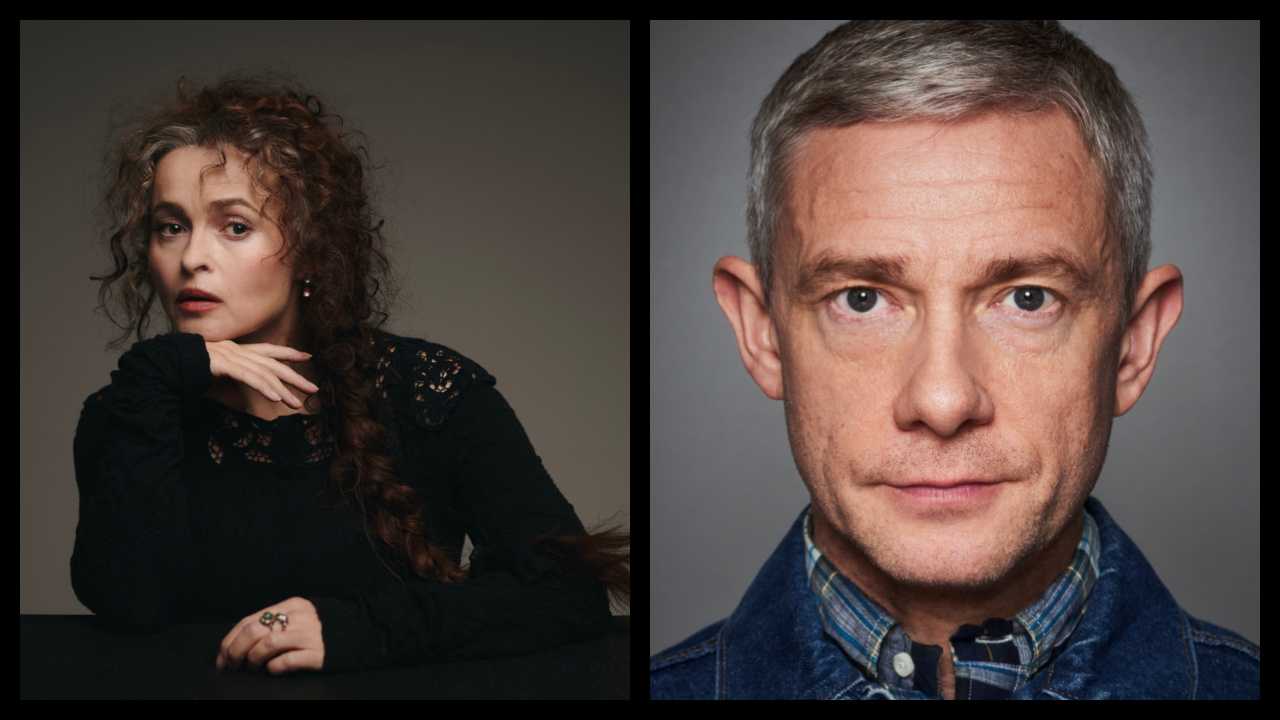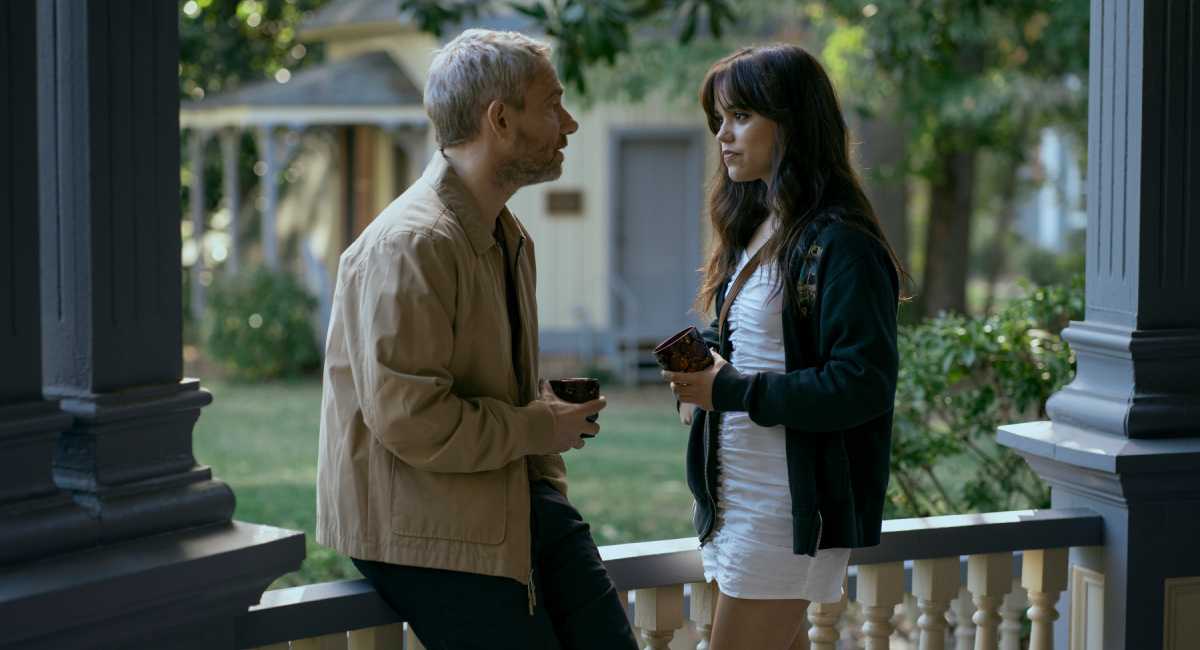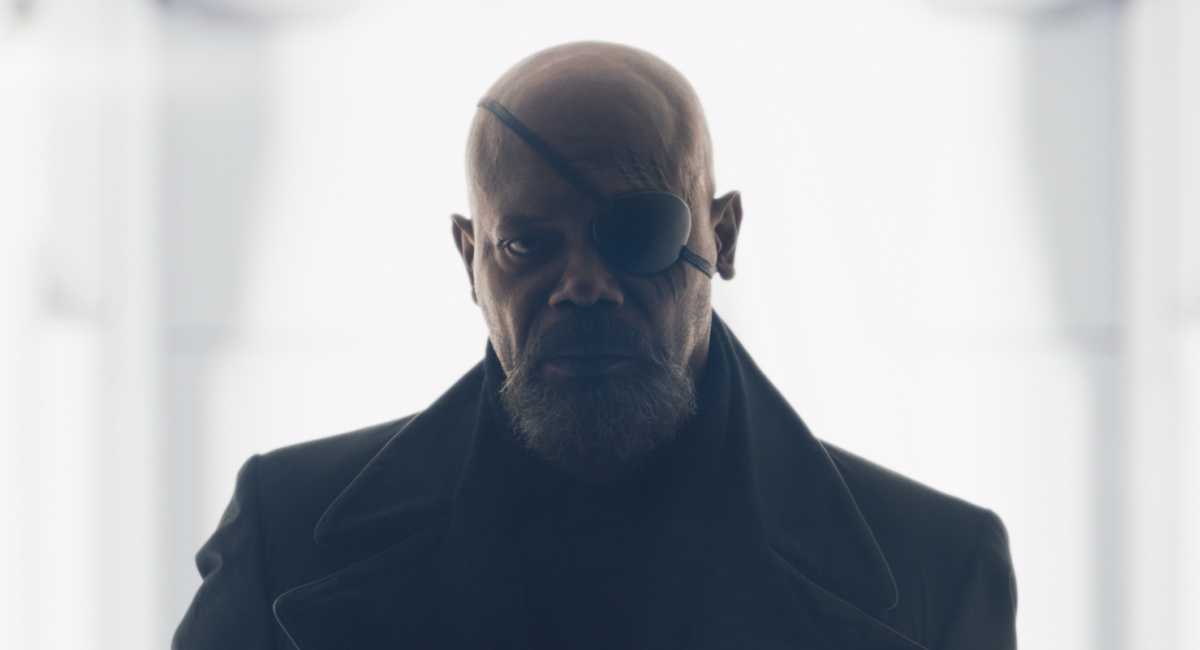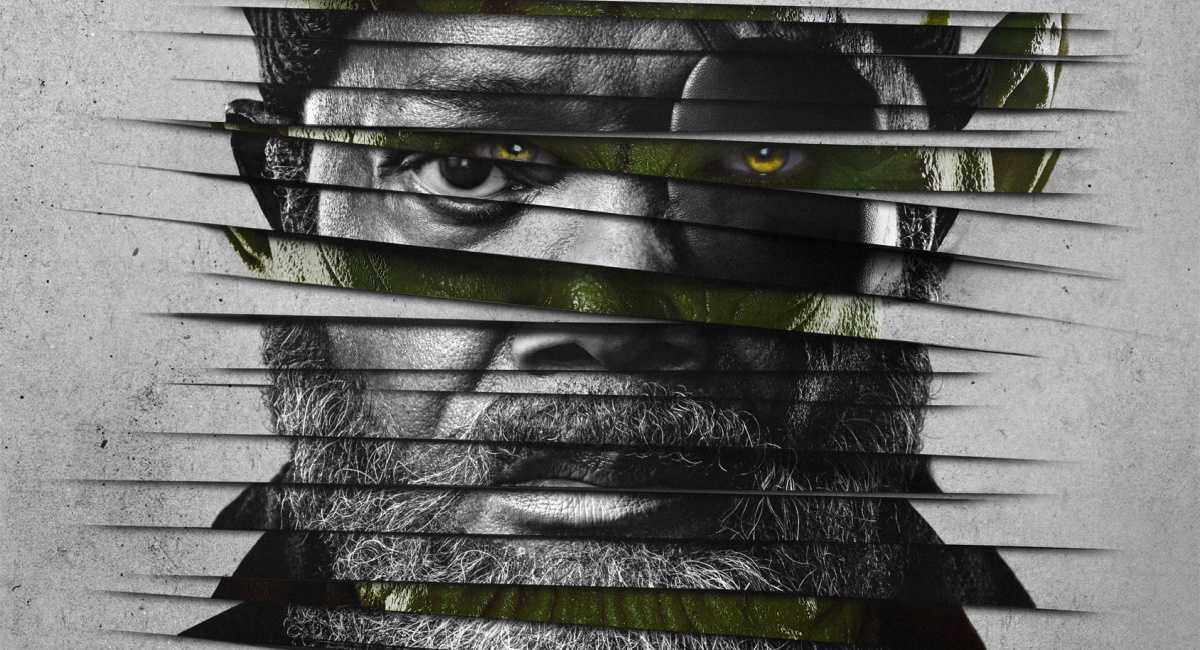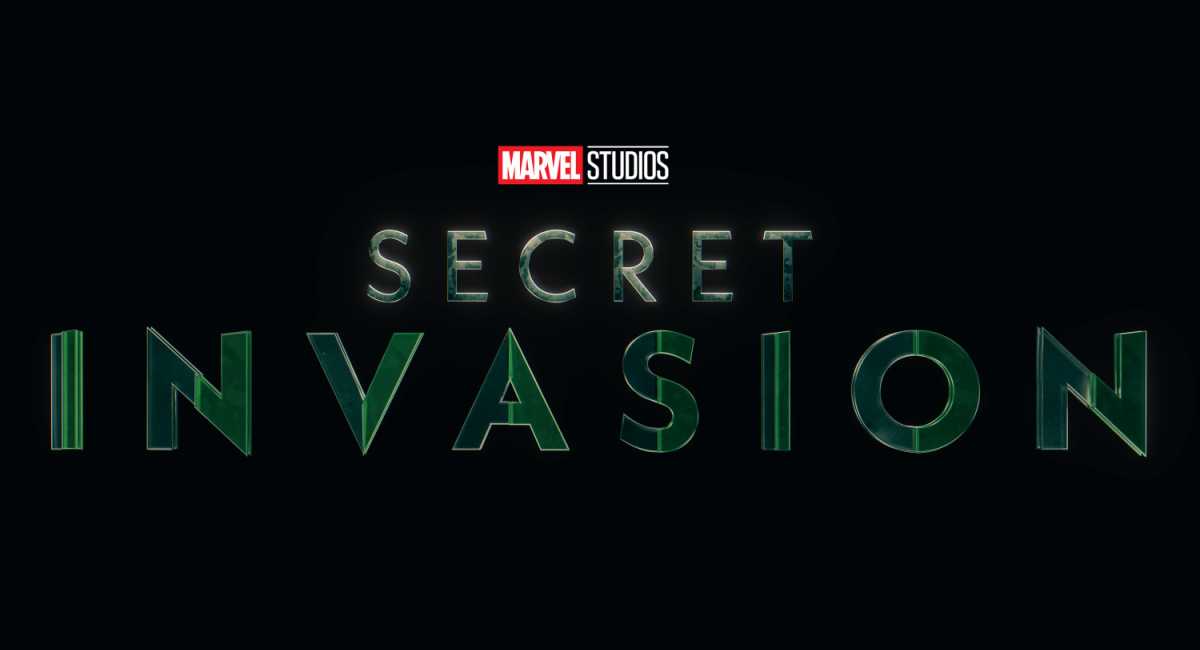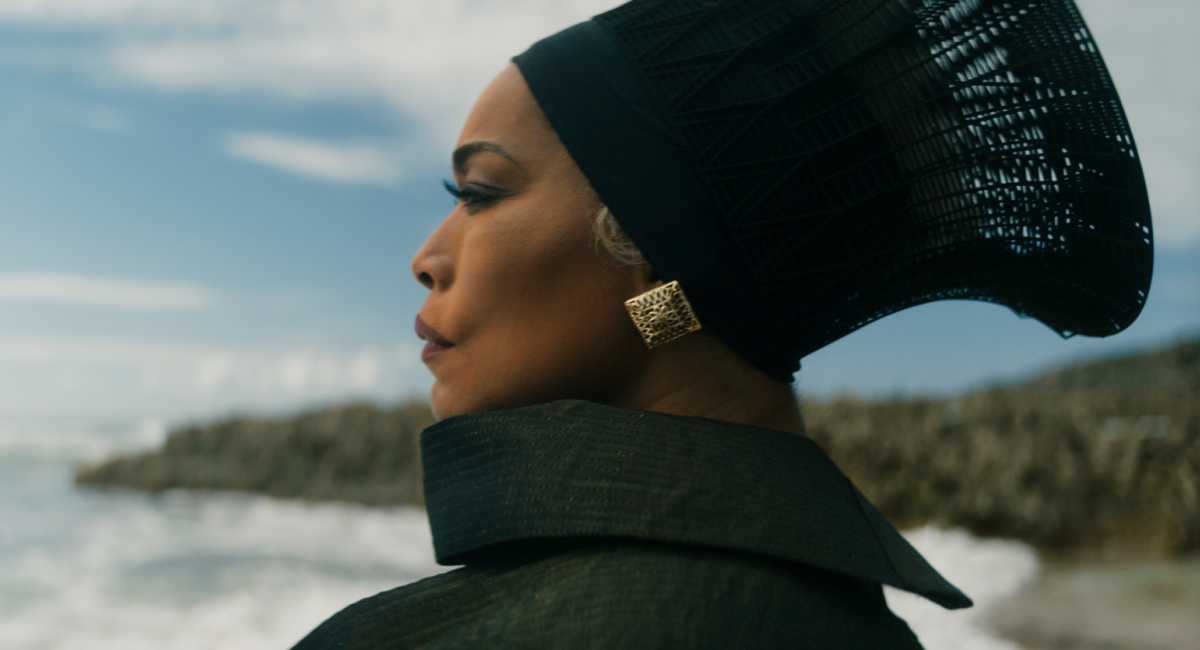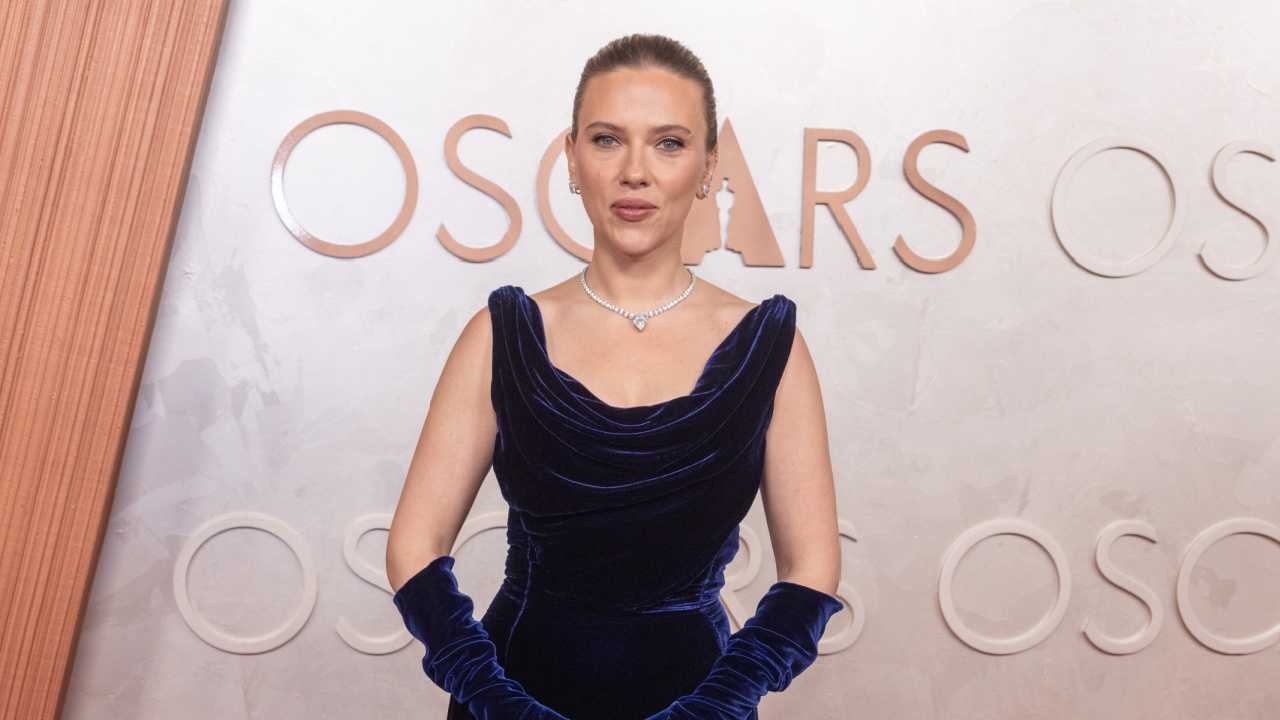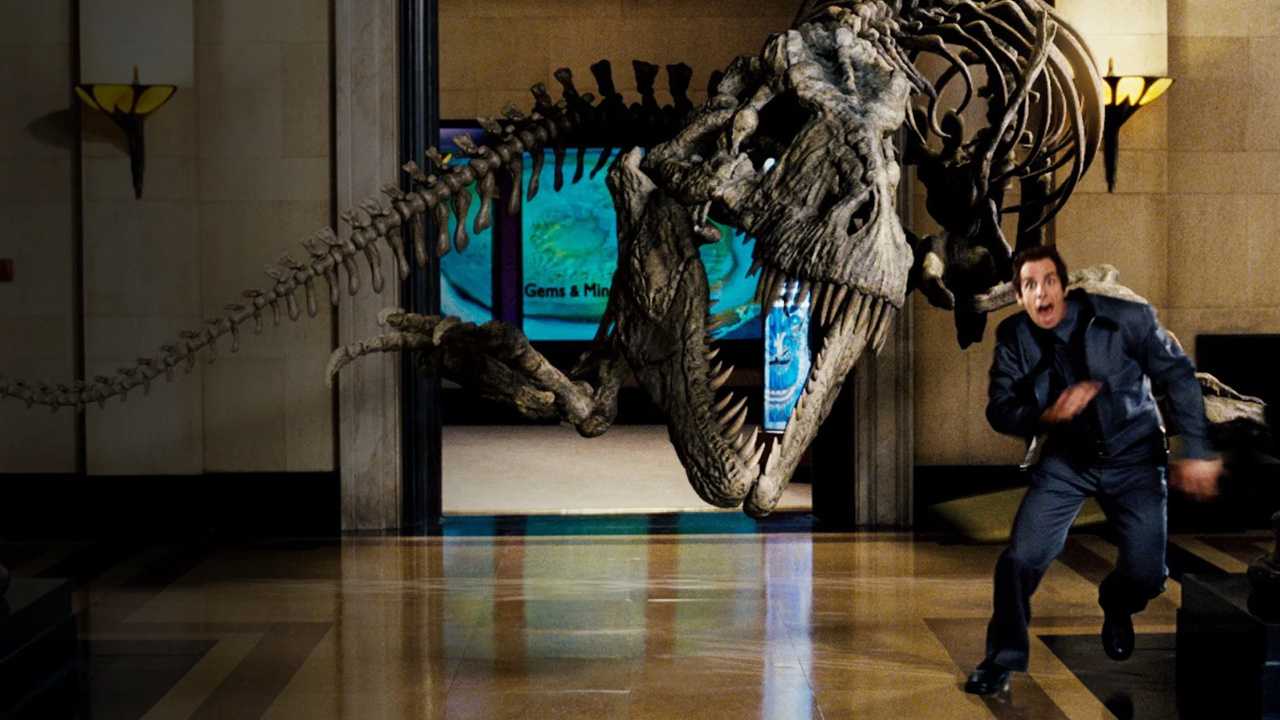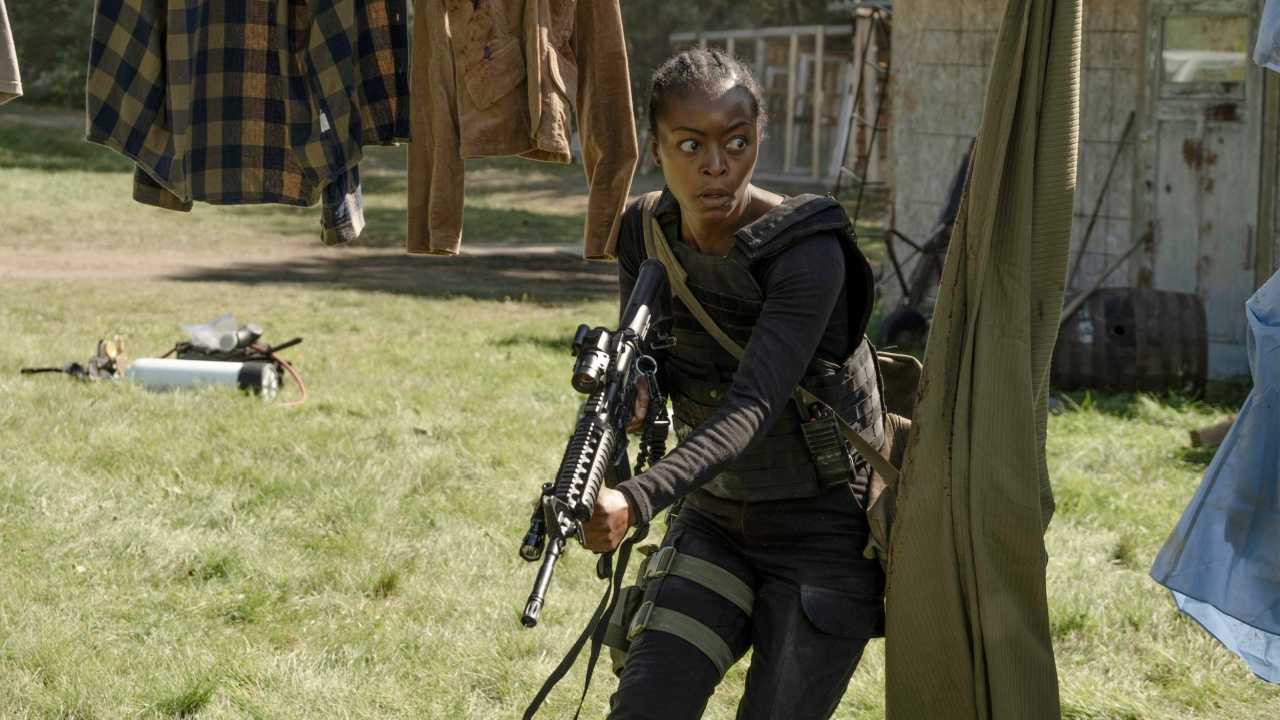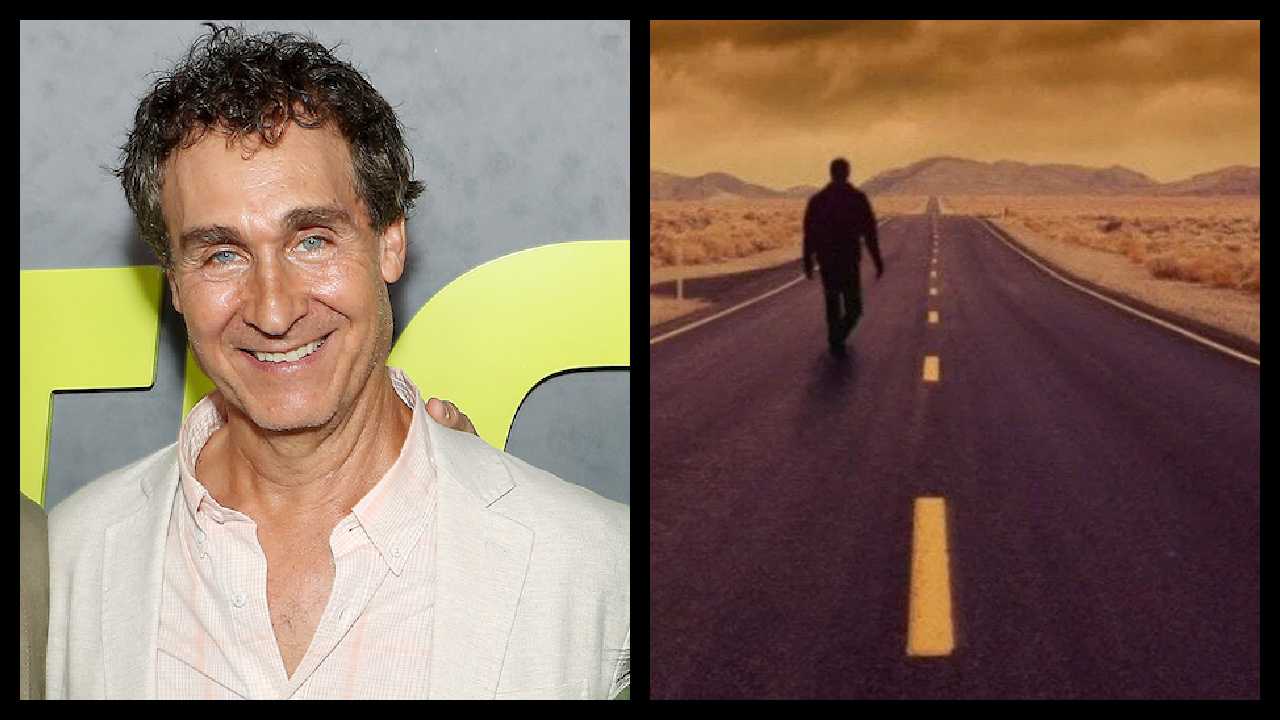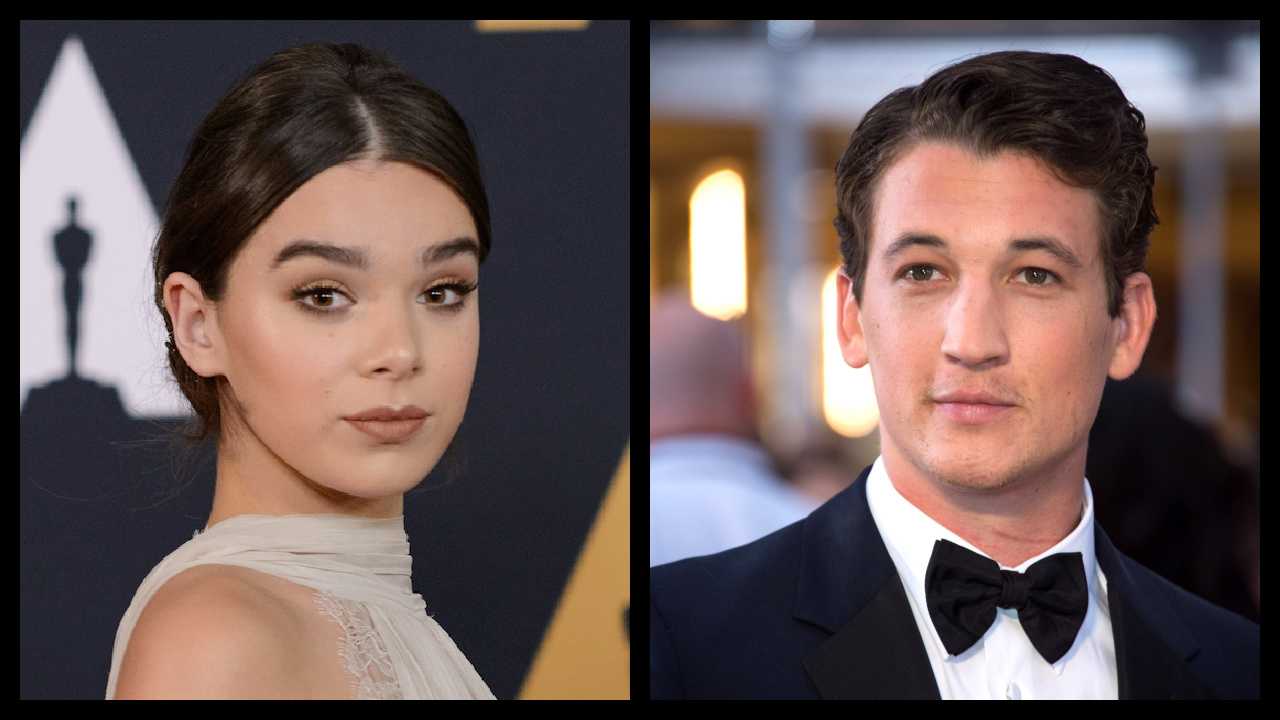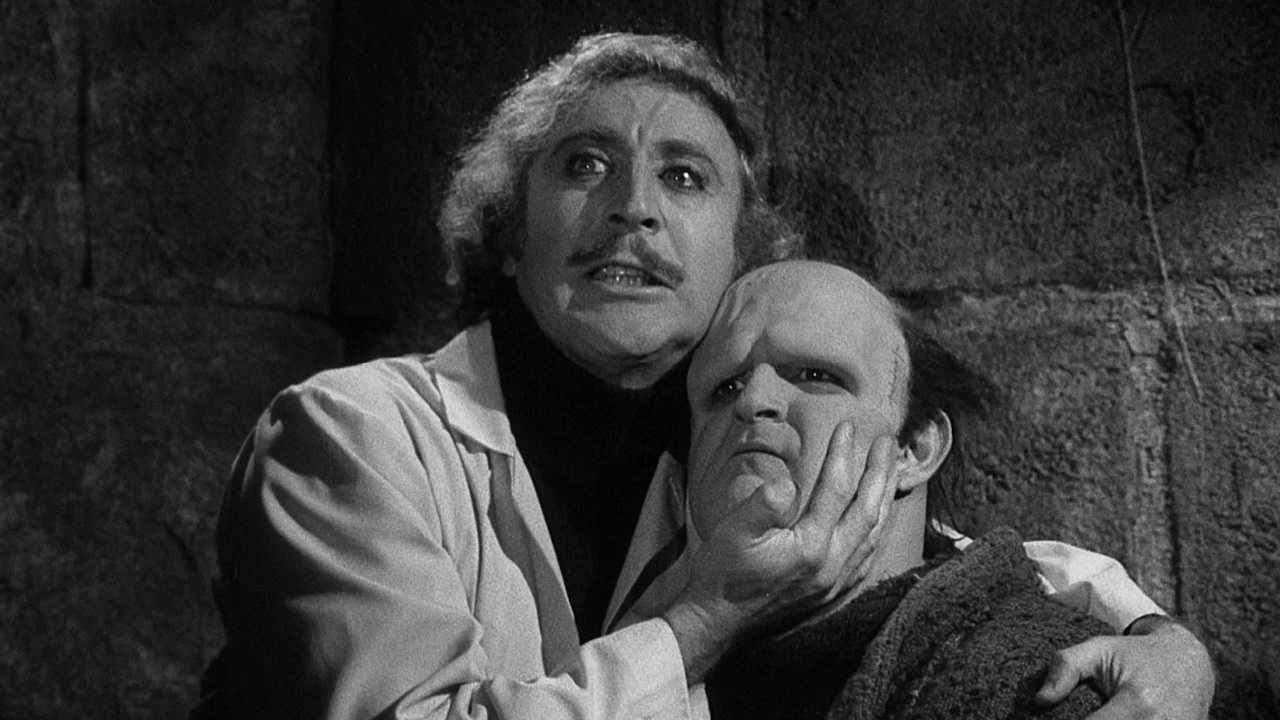Jade Halley Bartlett Talks 'Miller's Girl' and Jenna Ortega's Performance
Moviefone speaks with Jade Halley Bartlett about 'Miller's Girl' and Jenna Ortega. "I was surprised at how much heart she brought to the character."
Opening in theaters on January 26th is the new thriller ‘Miller’s Girl,’ which was written and directed by Jade Halley Bartlett, and stars Jenna Ortega (‘Scream VI’) and Martin Freeman (‘Black Panther’).
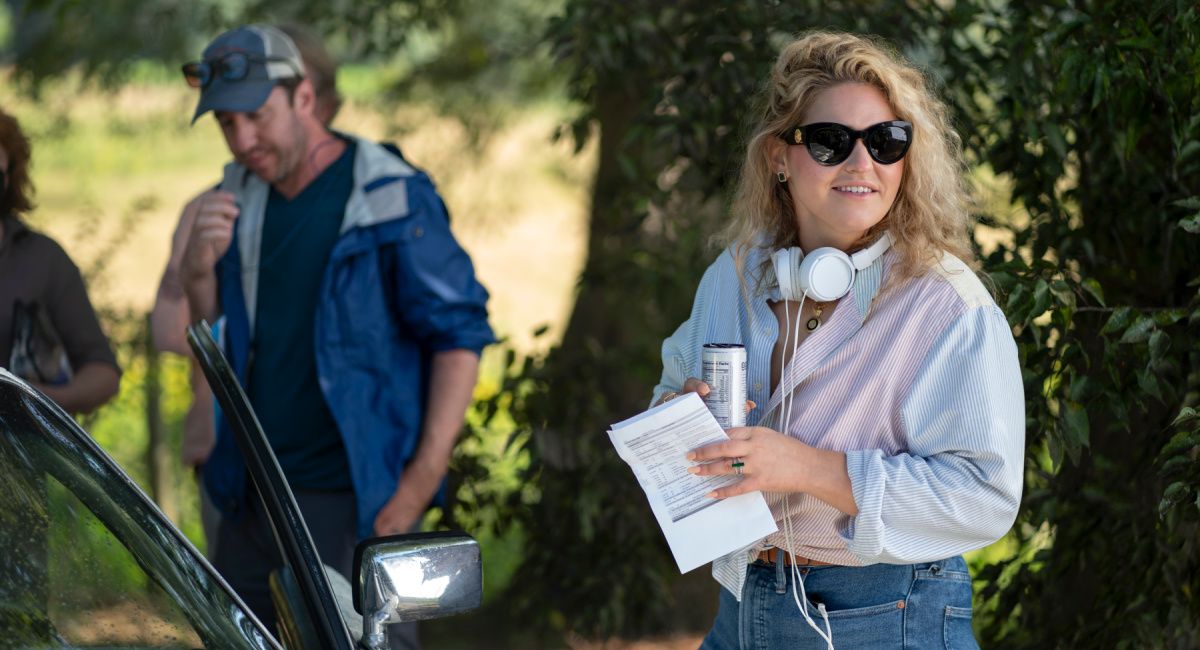
Director/Writer Jade Halley Bartlett behind the of scenes of the Psychological Thriller film, 'Miller's Girl,' a Lionsgate release. Photo courtesy of Lionsgate.
Moviefone recently had the pleasure of speaking with filmmaker Jade Halley Bartlett about her work on ‘Miller’s Girl,’ developing the screenplay and the themes she wanted to explore, avoiding tropes, the complex characters, Jenna Ortega’s performance, working with Martin Freeman, and crafting the movie’s ambiguous ending.
You can read the full interview below or click on the video player above to watch the interview.
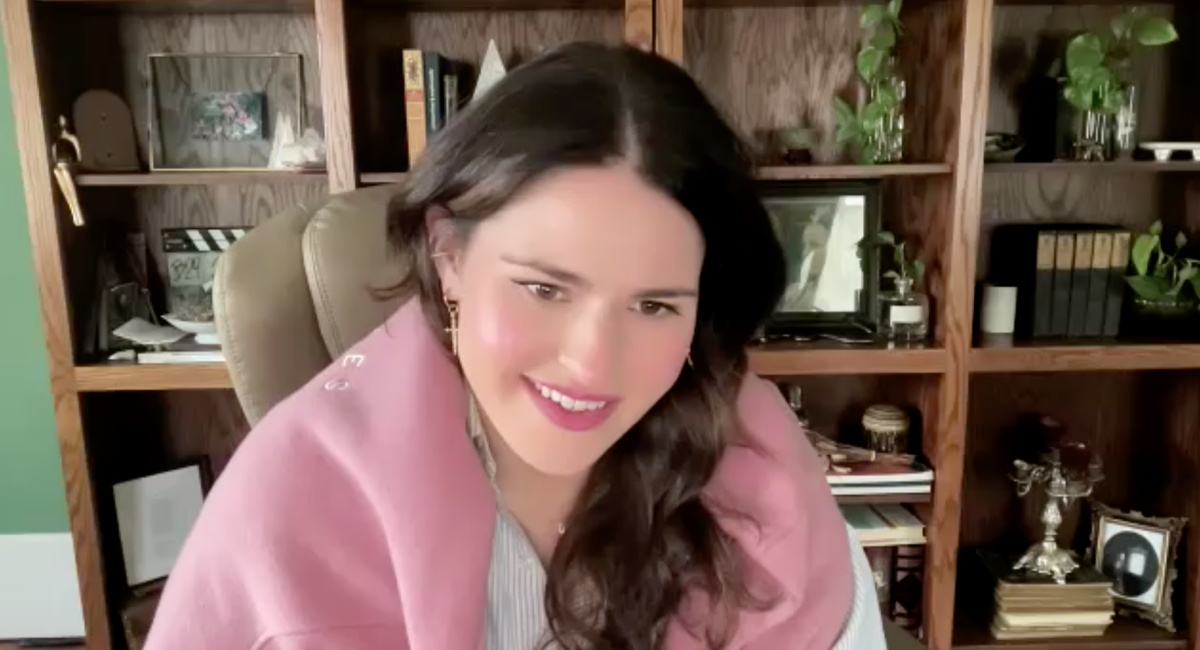
Director/Writer Jade Halley Bartlett talks 'Miller's Girl.'
Moviefone: To begin with, can you talk about developing the screenplay and the themes that you wanted to explore as a director?
Jade Halley Bartlett: So, it originally started as a play that I wrote in 2011, as sort of a love letter to my muse. Her name is Julianne. She's a terrific actress, and I wanted to write something for her. I was an actor living in New York City, not working, post-recession. I'd never really written before, so I was like, what am I going to do with my certificate of participation from an acting school? So, I said, I'm going to write for my friend. So, I called her, and I said, “If you could play any character, who would it be?” She said, “A psychopathic killer child.” So, I was like, I'm going to write about the birth of a villain, which is what I set out to do. So, in the original play, Cairo is that, and then as I adapted it to screen, Me Too happened, and I was suddenly gob smacked by the fact that I had not written one villain, but two. As I was working through my internalized misogyny, which didn't even let me see what Jonathan was, I got to develop him further in that way. I use the word villain lightly, because none of the characters in this film, I think can fit the basket of victim or villain. They're all the facets of these things. So, it was exciting to be able to move forward with characters who weren't in the binary of characters who sat in this kind of moral gray area that I think is closer to what real life is inside of a heightened fairy tale movie.
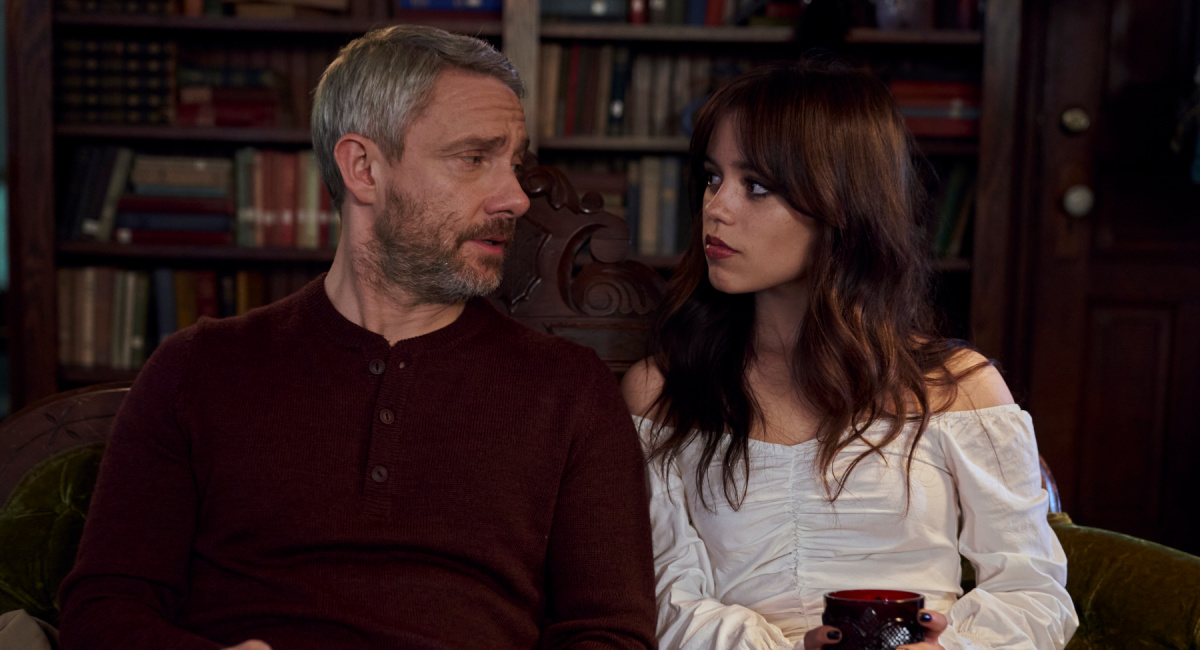
(L to R) Martin Freeman as Jonathan Miller and Jenna Ortega as Cairo Sweet in 'Miller’s Girl.' Photo Credit: Zac Popik.
MF: Can you talk about avoiding some of the “older man/younger woman” tropes and what you wanted to bring that was new to the “teacher/student” dynamic?
JHB: I mean, it is a trope. This story clearly is a trope, and I wanted to upend our expectations of what that trope is by not having a perfect victim or a perfect villain. Now, often I think in these types of relationship stories, which will continue to be told, they're mostly told by men. Historically, I think in cinema these stories have been told by men, and I'm not a man, and the whole thing is from the female gaze. So, I think that really excites me about this trope and reworking what it is having it be from Cairo's perspective, which is inherently my perspective, which is female.
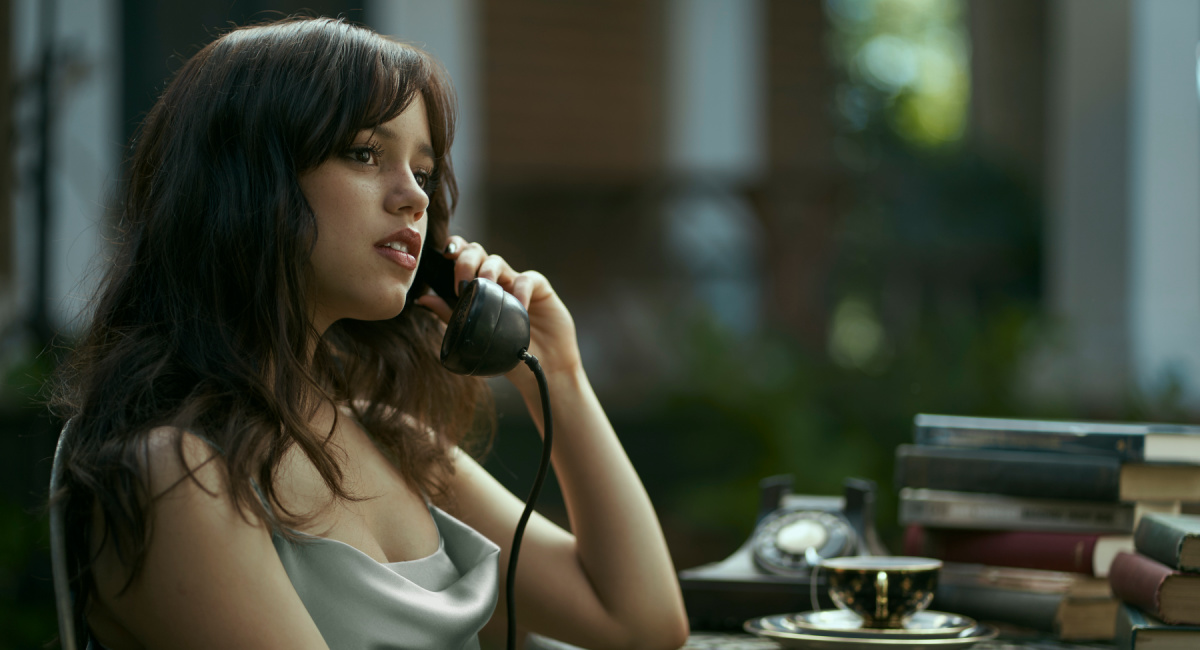
Jenna Ortega as Cairo Sweet in the Psychological Thriller film, 'Miller's Girl,' a Lionsgate release. Photo courtesy of Lionsgate.
MF: Obviously, Jenna Ortega is one of the most popular young actresses working today. Can you talk about casting her and what she brings to a role like this?
JHB: Humanity. I think that's really one of the most stunning things that she brings. Jenna's very funny. I think she's a very charming, funny person, but she, like me, has gothic proclivities, and I was really surprised at how much heart she brought to a character that I think could quite easily be very arch or very pretentious. Even though you see her, we feel her heartbreak with her, and you watch those scales grow over her, but you can still feel the pulse inside of her, and I think that is both beautiful and quite terrifying.
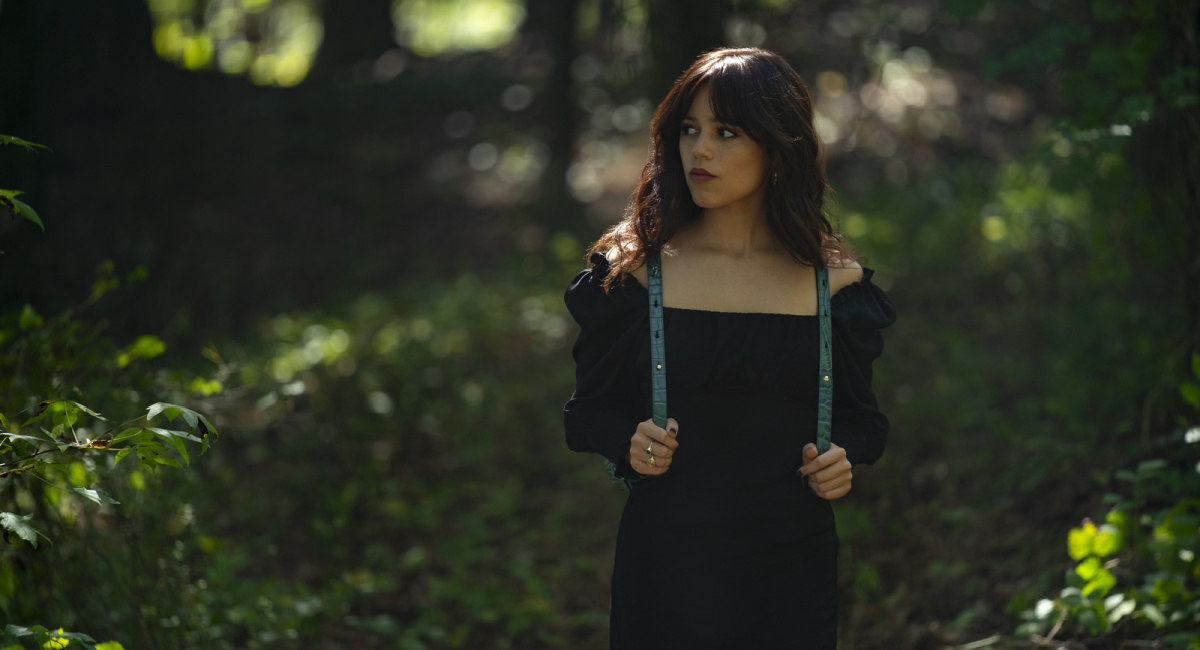
Jenna Ortega as Cairo Sweet in the Psychological Thriller film, 'Miller's Girl,' a Lionsgate release. Photo courtesy of Lionsgate.
MF: It seems that through most of the movie, Cairo is really the character holding all the power, which isn’t always the case in this type of story. Can you talk about that?
JHB: I mean, these tropes often deal with a vixen, a siren or some young girl who is out to destroy somebody. Cairo doesn't. Cairo lives in a house with no parents, and all the literature she's ever read, and the movies she watches are 19th and 20th century, which are inherently problematic. They're way behind the curve. So, she is not really equipped going into a situation like this to understand what real life is. When she idealizes Jonathan, and it's shot this way, we shot him from below, so we're seeing him the way she does. When he ultimately humiliates her and shames her, her heart shatters in such a way that she is so ill-prepared for what that's going to be, that she makes this great turn. Then of course, we shot him from above to examine how she sees him. I think that the power that she has is something that she comes to understand. She does not know that she has it in the beginning because she doesn't know why she would ever need to wield it. There's this great quote by Ani DiFranco that says, “Any tool is a weapon if you hold it right.” I think that's what Cairo is.
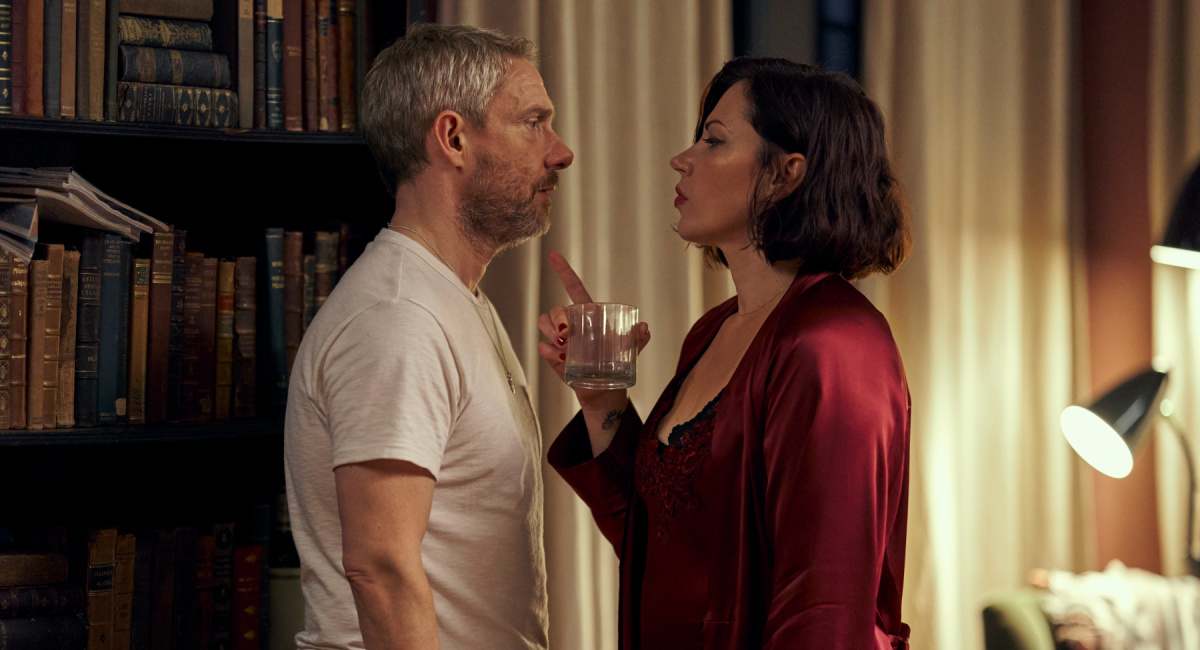
(L to R) Martin Freeman as Jonathan Miller and Dagmara Domińczyk as Beatrice June Harker in the Psychological Thriller film, 'Miller's Girl,' a Lionsgate release. Photo courtesy of Lionsgate.
MF: It also seems like Jonathan’s insecurities and his failing marriage have led him to a place where he is susceptible to Cairo’s advances. Is that correct?
JHB: Yes. I mean, they're both deeply problematically romantic people, and Jonathan is dangerous his hubris won't let him see what he really is, which is sort of a comment on me. I didn't see what he really was either. So, his translation into that version in the screenplay is also my understanding of him as well, and Beatrice (Dagmara Domińczyk) became that voice for me throughout the story. Jonathan is not a strong person. I think he is much closer to the real-life version of how these things happen. He's not a capital “V” villain. He doesn't know he's the villain. His inability to see his responsibility in this whole scenario, I think is really terrifying.
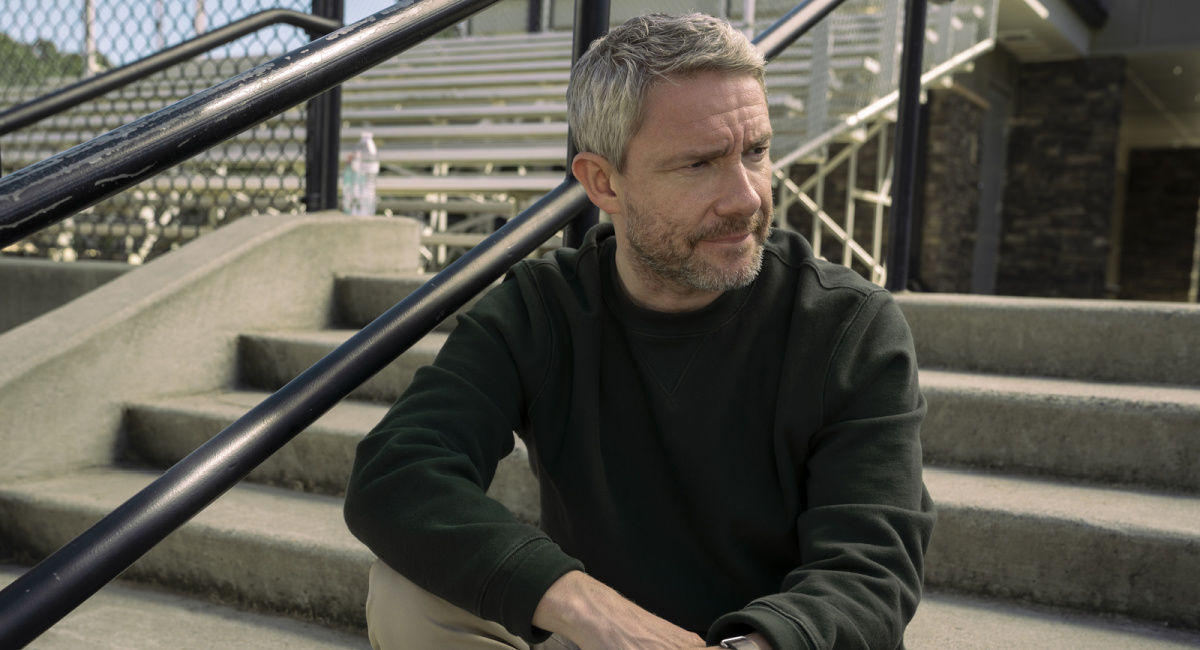
Martin Freeman as Jonathan Miller in the Psychological Thriller film, 'Miller's Girl,' a Lionsgate release. Photo courtesy of Lionsgate.
MF: I haven’t really seen Martin Freeman play a role like this before. Can you talk about working with him and was he comfortable going to all the places he had to emotionally for this character?
JHB: He was extraordinary. Martin got the movie green lit. I wrote him a letter. I was like, “Please, please meet me,” and he did. We talked for like two hours on Zoom, and he just really understood the context, the content and the character. He wasn't afraid of Jonathan. He wasn't afraid to explore a man who has weaknesses and has vulnerabilities in a way that I don't think we typically see characters like this. He also exhibited such an extraordinary amount of humanity. I think because Martin has such warmth and kindness, and he's a surgeon of an actor, he's so deft. I think if he was harder or anything other than Martin, it would be very easy to vilify this character. But because Martin has this warmth and humanity, you can relate to him and it's certainly what I feel when I watch him. I think the relatability of both of those characters is what gives more nuance to this story that has been told many times.
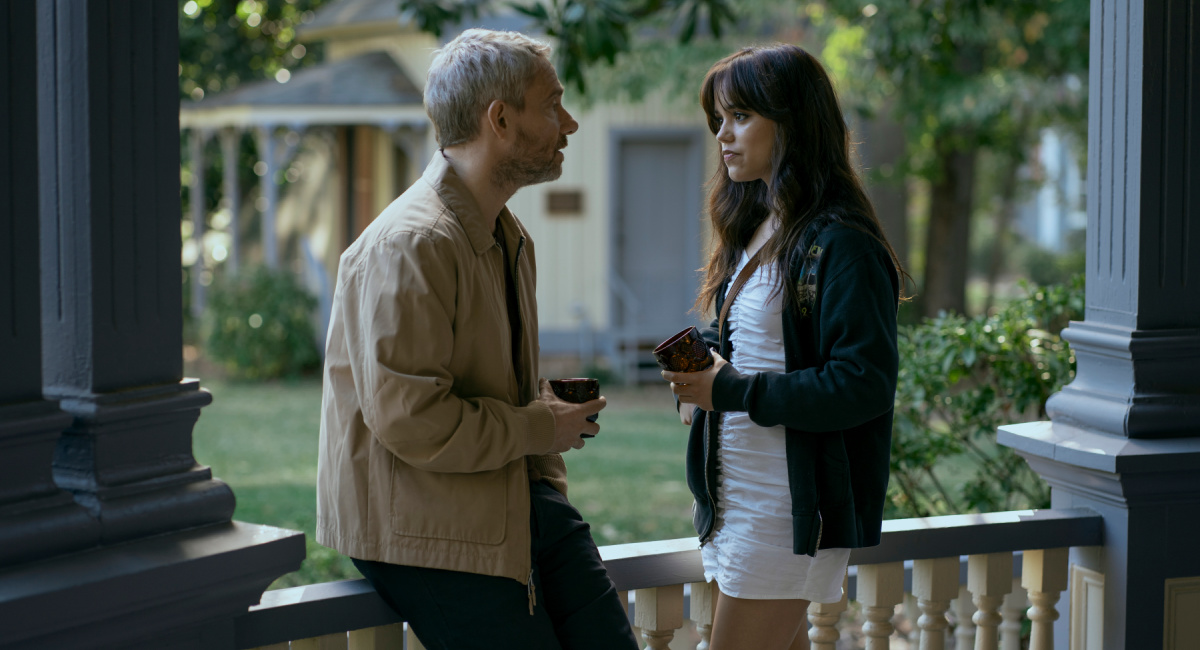
(L to R) Martin Freeman as Jonathan Miller and Jenna Ortega as Cairo Sweet in the Psychological Thriller film, 'Miller's Girl,' a Lionsgate release. Photo courtesy of Lionsgate.
MF: Can you talk about Ortega and Freeman’s on-screen chemistry and was it obvious to you the first time you put them in front of the camera together?
JHB: I wish I had footage of the camera test that we did. Everybody in there was like, “Oh my God.” Because their chemistry, they're both so intelligent and they're wonderful when they're speaking, but what happens when they're not speaking, it crackles through the air. They're very generous actors with each other, and obviously there's so much dialogue. They both came really prepared with that dialogue. So, when they came to set, because they knew all the language, we could just get in and play, and they're both so incredibly professional and they're both fun people. They're electric together.
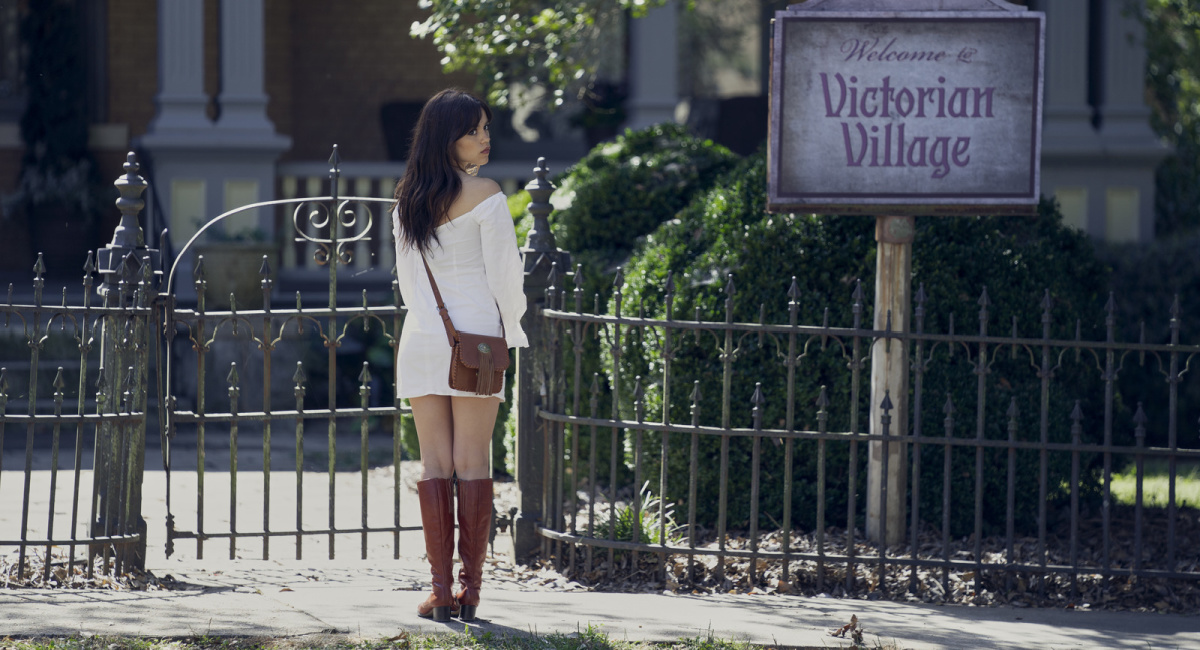
Jenna Ortega as Cairo Sweet in the Psychological Thriller film, 'Miller's Girl,' a Lionsgate release. Photo courtesy of Lionsgate.
MF: Finally, the movie’s finale is purposely ambiguous, can you talk about crafting the ending?
JHB: That is exactly the ending it's always been. I wanted to leave with a question because I think it's too tidy to tie it up in a bow. I want the audience to ask themselves, who does she become? Who does he become? I wanted it to feel like a short story. I think short stories are the most perfect format of storytelling. You don't have to fill it with too much. It's almost like a good joke where you've got the setup and then you've got the punchline at the end. It leaves you with a question or it leaves you with an emotion. I didn't want to tie anything up. I wanted the audience to ask themselves who these characters are, what are they going to do, and why am I the audience member? What are my judgments of these characters and why have I made them?
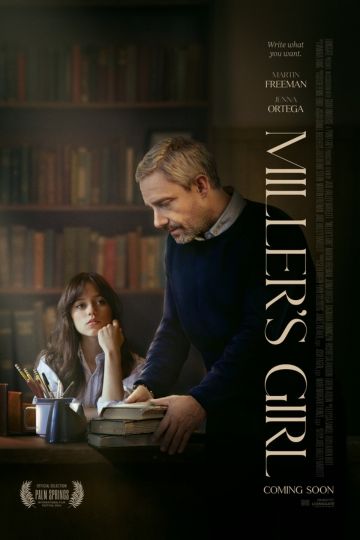
What’s the plot of ‘Miller’s Girl’?
A talented young writer (Jenna Ortega) embarks on a creative odyssey when her teacher (Martin Freeman) assigns a project that entangles them both in an increasingly complex web. As lines blur and their lives intertwine, professor and protégé must confront their darkest selves while straining to preserve their individual sense of purpose and the things they hold most dear.
Who is in the cast of ‘Miller’s Girl’?
- Martin Freeman ('Black Panther') as Jonathan Miller
- Jenna Ortega ('Scream') as Cairo Sweet
- Gideon Adlon ('Blockers') as Winnie
- Bashir Salahuddin ('Top Gun: Maverick')
- Dagmara Domińczyk ('Priscilla')
- Christine Adams ('Batman Begins')
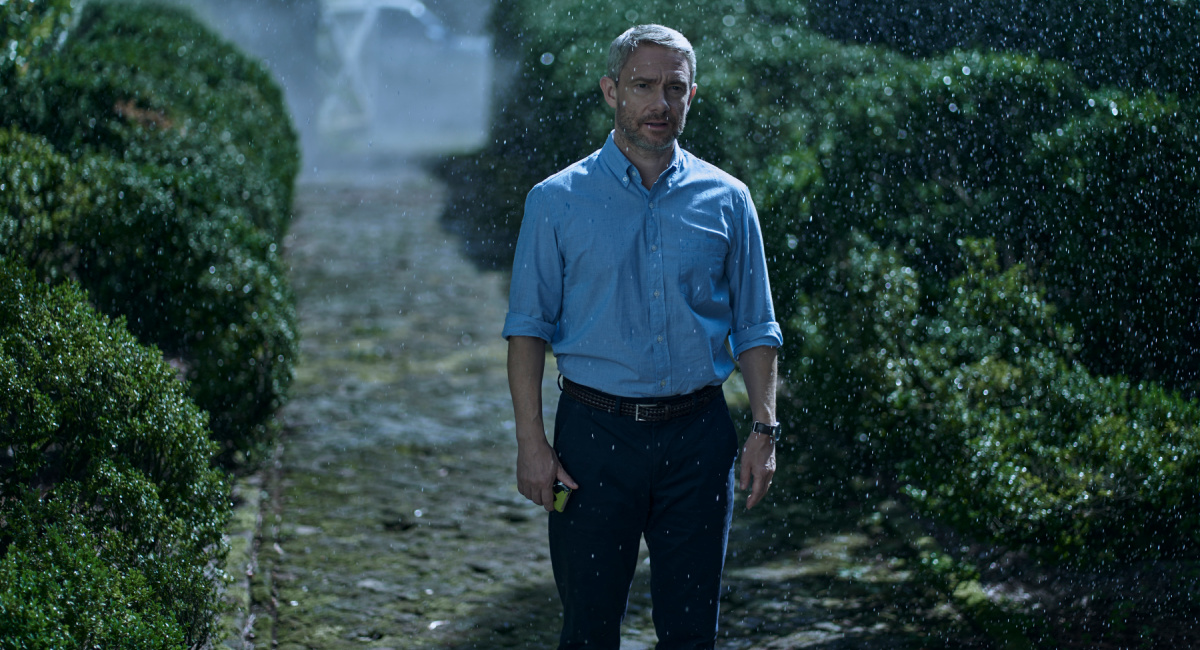
Martin Freeman as Jonathan Miller in the Psychological Thriller film, 'Miller's Girl,' a Lionsgate release. Photo courtesy of Lionsgate.
Movies Similar to 'Miller's Girl':
- 'Fatal Attraction' (1987)
- 'Basic Instinct' (1992)
- 'The Crush' (1993)
- 'Oleanna' (1994)
- 'Gone Girl' (2014)
- 'Black Panther' (2018)
- 'Promising Young Woman' (2020)
- 'Deep Water' (2022)
- 'Scream' (2022)
- 'Studio 666' (2022)
- 'X' (2022)
- 'Black Panther: Wakanda Forever' (2022)
- 'Scream VI' (2023)
Buy Tickets: 'Miller's Girl' Movie Showtimes
Buy Jenna Ortega Movies On Amazon

